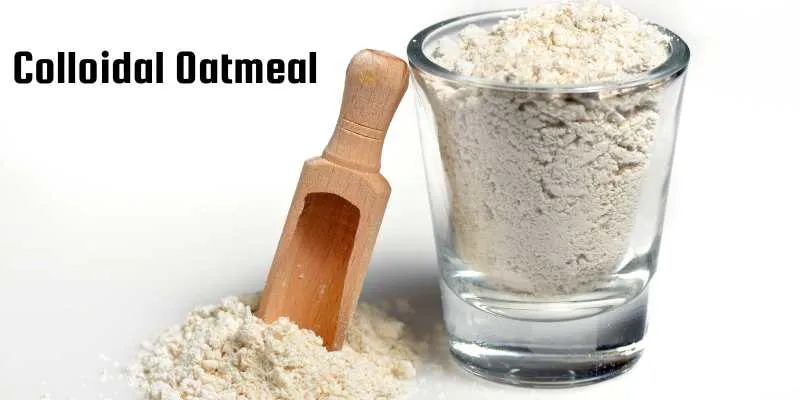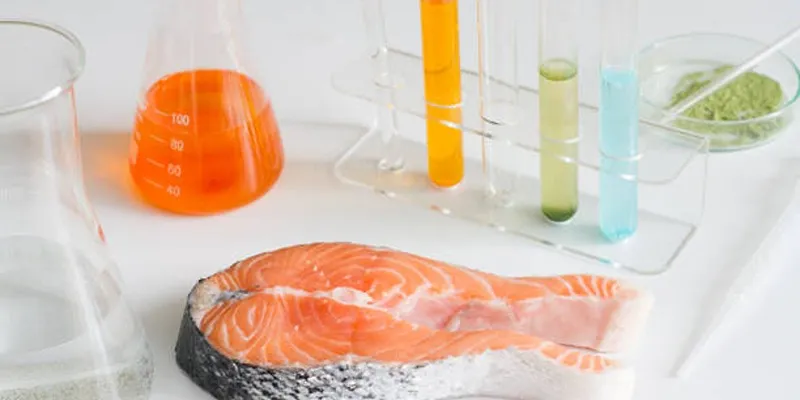The Secret to Ageless Beauty: Drinking Collagen Explained
Collagen is recognized as the most abundant protein in the human body and is crucial for maintaining healthy, youthful skin. This structural protein acts like a glue, keeping the skin elastic and firm. As we age, our skin loses elasticity and produces less collagen, leading to inevitable signs of aging such as wrinkles and sagging. Factors like UV exposure, smoking, and poor diet can accelerate collagen degradation, further contributing to the aging process. Consequently, many people turn to collagen supplements and creams designed to boost collagen production, aiming to preserve a youthful appearance. Understanding collagen production is essential for informed skincare choices and exploring effective strategies to combat early signs of skin aging.
What Is Collagen?
Collagen is a natural protein found in high concentrations within the human body, playing a vital role in the health and integrity of various tissues, particularly in the dermis, tendons, ligaments, and bone formations. It is primarily composed of amino acids, including glycine, proline, and hydroxyproline, which are essential for its structural integrity. As a key component of the skin, collagen forms a fibrous framework that supports other structures and contributes to skin elasticity and overall texture.
Remarkably, collagen constitutes about 75% of the skin’s dry weight, underscoring its significance. It provides firmness and elasticity, characteristics often associated with youthful skin. A decline in collagen production due to the natural aging process leads to the formation of fine lines, wrinkles, and folds.
How Does Collagen Contribute to Youthful Skin?
Collagen plays a multifaceted role in skin health, supporting several crucial functions:
| Function | Description | |————————-|—————————————————————————–| | Firmness and Elasticity | Collagen fibers act as a scaffold within the dermis, maintaining skin firmness. | | Hydration | Collagen aids in retaining moisture within the skin, promoting balanced hydration. | | Cell Renewal and Repair| Collagen facilitates the replacement of dead skin cells and supports healing. |
Together, these functions enhance skin resilience and reduce the appearance of fine lines, sagging, and other signs of aging.
The Decline of Collagen with Age

Starting in the mid-20s, collagen production begins to decline gradually, decreasing by approximately 1% each year. By the time we reach our 50s, this reduction becomes more pronounced, leading to diminished skin elasticity, dryness, and the emergence of wrinkles. Various factors, including UV exposure, environmental pollution, smoking, and poor nutrition, can accelerate collagen breakdown, exacerbating visible signs of aging.
External Factors That Accelerate Collagen Loss
- Sun Exposure : UV rays penetrate the skin, damaging collagen fibers and hastening their degradation.
- Pollution : Environmental pollutants contribute to oxidative stress, weakening collagen fibers over time.
- Poor Nutrition : Deficiencies in vitamins C and E, along with a sugar-laden diet, can hinder collagen production and integrity.
- Lifestyle Choices : Smoking and high-stress levels can also lead to collagen degradation.
These factors highlight the importance of protecting the skin and supporting collagen health through both mindful lifestyle choices and targeted skincare.
Enhancing Collagen Levels: Effective Strategies
Maintaining collagen levels can help support skin health and vitality. Here are some effective ways to boost collagen production:
1. Nutritional Support
- Vitamin C : Essential for collagen synthesis, vitamin C can be found in citrus fruits, bell peppers, and leafy greens.
- Amino Acids : Since collagen is rich in amino acids, consuming foods like chicken, fish, eggs, and soy can provide the necessary building blocks.
- Antioxidants : Berries, green tea, and nuts contain antioxidants that help protect collagen fibers from oxidative damage.
Incorporating a balanced diet rich in these nutrients supports natural collagen production and overall skin health.
2. Topical Collagen Boosters
- Retinoids : Derived from vitamin A, retinoids can promote collagen production by stimulating cellular turnover.
- Peptides : Often included in skincare products, peptides are short chains of amino acids that act as collagen precursors.
- Vitamin C Serums : Applying vitamin C topically can enhance collagen production, helping to firm and brighten the skin.
These ingredients are widely recognized in dermatology for their effectiveness in supporting skin structure and reducing visible signs of aging.
3. Professional Treatments
- Microneedling : This treatment involves tiny needles that puncture the skin, stimulating natural collagen production as the skin heals.
- Laser Therapy : Non-invasive laser treatments can encourage collagen production by gently heating the dermis, stimulating fibroblasts to produce more collagen.
- Radiofrequency (RF) Therapy : RF uses controlled heat to reach deeper skin layers, enhancing collagen production and tightening skin over time.
While professional treatments can provide noticeable improvements, they should be performed by qualified dermatologists to ensure safety and efficacy.
Collagen Supplements: Do They Work?

Oral collagen supplements have gained popularity for their potential skin benefits. These supplements are typically hydrolyzed, meaning they are broken down into smaller peptides for easier absorption. Several studies suggest that collagen supplements can improve skin hydration, elasticity, and texture over time. However, the effectiveness of supplements can vary based on quality and the individual’s absorption.
Considerations When Choosing Collagen Supplements
- Type of Collagen : Types I and III are most beneficial for skin health, so look for supplements that specify these types.
- Source : Collagen supplements are often derived from bovine (cow), marine (fish), or poultry sources. Marine collagen is especially known for its bioavailability.
- Additional Ingredients : Supplements that include vitamin C, hyaluronic acid, or other skin-supportive nutrients may offer enhanced benefits.
For those seeking a convenient way to support collagen from within, supplements can be a valuable addition, though results may vary by individual.
Tips for Preserving Collagen Naturally
In addition to diet and skincare, lifestyle habits play a key role in collagen preservation. Here are some habits to support collagen health naturally:
- Use Sunscreen Daily : UV protection is one of the most effective ways to prevent collagen degradation.
- Avoid Smoking : Smoking introduces free radicals that accelerate collagen breakdown and impair skin repair mechanisms.
- Stay Hydrated : Adequate water intake is essential for collagen integrity and overall skin health.
Adopting these practices can enhance skin resilience and help maintain collagen levels for longer-lasting skin vitality.
Conclusion
Collagen is integral to maintaining youthful, resilient skin. As a structural protein, it provides the strength, elasticity, and hydration essential for smooth, firm skin. While natural aging leads to collagen depletion, maintaining a collagen-supportive lifestyle—including a balanced diet, protective skincare, and occasional supplementation—can significantly impact skin health. By prioritizing collagen preservation, we can support skin that looks and feels youthful for years to come.











